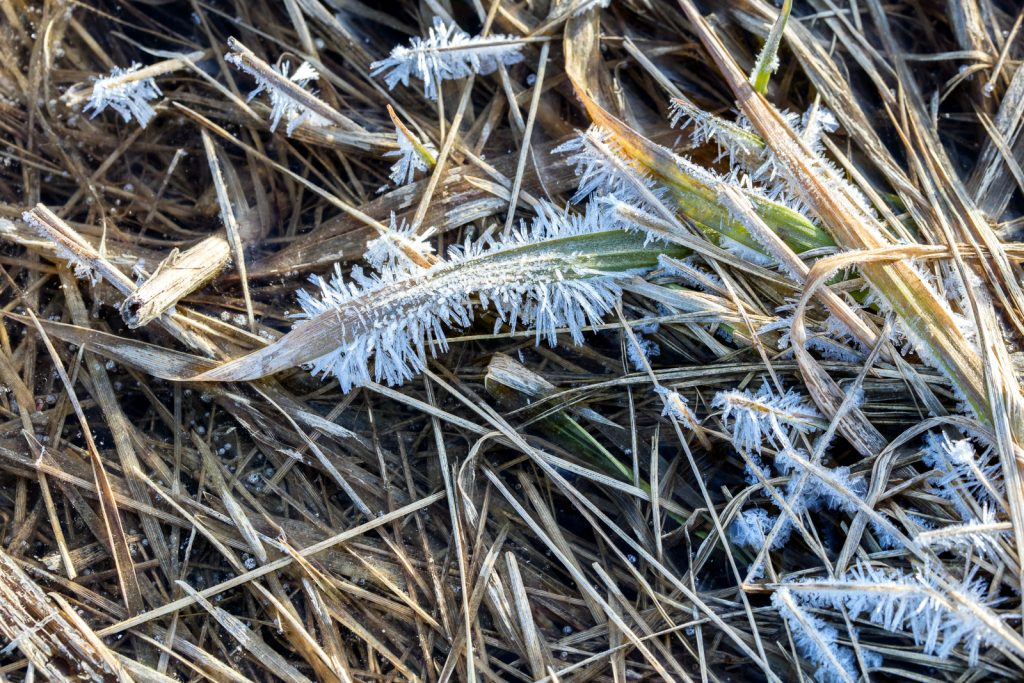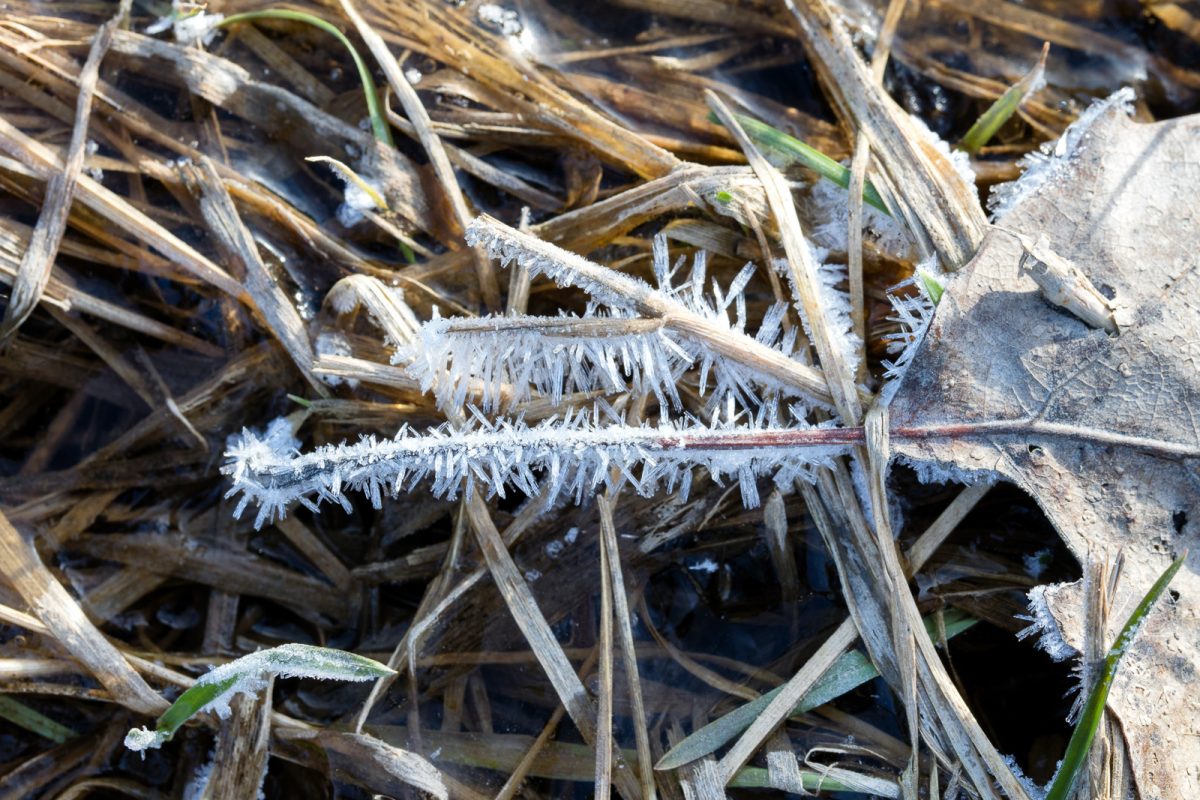During the past couple months, culminating with the “Freedom” Convoy and successive marches that use the pandemic as cover to promote extremist ideologies, I’ve witnessed regular displays of the Canadian flag co-opted in the service of hateful speech. The red and white, the maple leaf. People wrap themselves bodily in the flag and call themselves patriots, all the while turning the flag into yet another dog whistle for white supremacist tropes. I find it personally insulting that anyone should try to pass off this hate-mongering as patriotism.
To my way of thinking, patriotism grounds itself in gratitude. Like my dog whistling friends, I enjoy certain rights and freedoms, and for those I am grateful. But I’m more grateful for the fact that I am surrounded by people who, through their sense of duty, service, and social responsibility, safeguard my rights and freedoms. I express my gratitude by doing my part in turn to safeguard the rights and freedoms of those around me, including and perhaps most especially those who annoy me by wrapping themselves in the flag and saying things I contest.
The curious thing about the maple leaf that appears on the Canadian flag is that, of all the species of maple we could have chosen, we opted for the sugar maple. The leaf on the flag is a stylized representation of the sugar maple leaf. It calls to mind a practice—boiling sap to make syrup—that started on this land thousands of years ago. It reminds us of a gift—the gift of a specific knowledge—that Indigenous peoples freely shared with white settlers. And it points to something we have here in abundance, this sweetness that invariably brings us joy. Like our freedoms, it comes to us as a gift and needs to be acknowledged with gratitude.
One of the things that troubles me about these conversations is the way that patriotism gets passed off as a marker of personal identity. I am a white, cisgendered male who happens also to be … Canadian. However, history teaches us that what it means to be Canadian is tightly bound to the exercise of colonial power. It is contingent and rooted in stories of oppression. What’s more, as millions of refugees flee Ukraine, the rest of the world looks on and sees how nationality as a marker of personal identity can be snatched away in the blink of an eye.
The Ukraine people can console themselves with the certain knowledge that all powers fall and finally crumble to dust. Here in Canada, we deceive ourselves when we intimate that we are somehow exceptional. Like the maple leaf consumed by the morning frost, our cherished symbols lose their potency and their meanings fade. It may well be that of all possible markers of personal identity, national affiliation is the least stable.
There is an antidote to the feelings of instability that arise when we lose our grip on a shallow patriotism. The antidote is to acknowledge that, all along, we were asking the wrong question. We don’t invoke patriotism to answer the question: who am I? We invoke patriotism to answer the question: whose am I?

